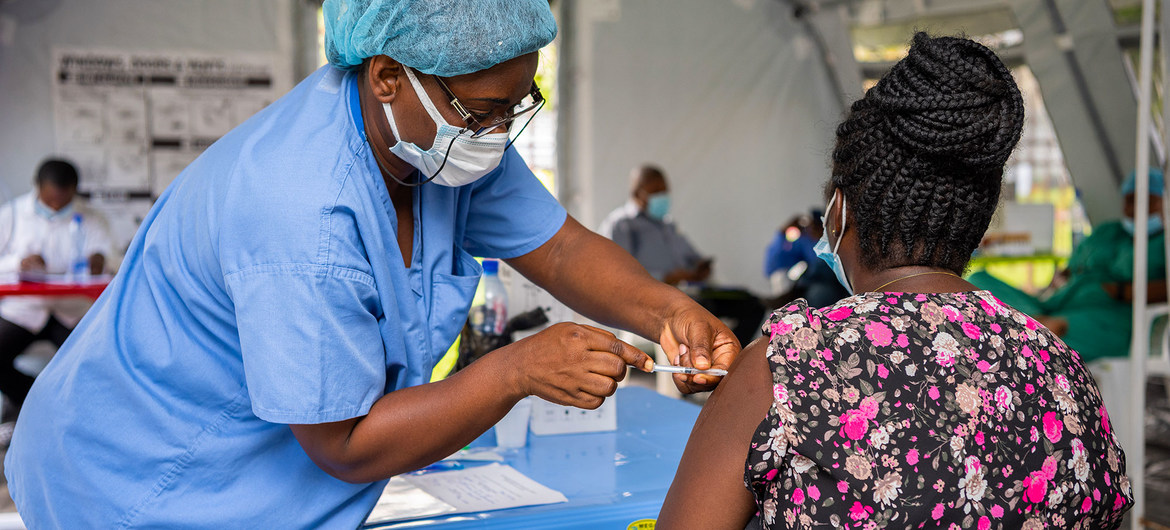Bengaluru
In a pioneering effort to track the highly transmissible JN.1 variant of the Omicron lineage, Bengaluru-based startup CrisprBits is utilizing its novel gene editing platform, OmiCrisp, to monitor sewage samples in the city. OmiCrisp represents a cutting-edge testing platform based on CRISPR, a revolutionary gene-editing technology, designed for the rapid diagnosis and surveillance of SARS-CoV2.
The platform is actively monitoring the Omicron-derived JN.1 variant in sewage samples obtained from 14 localities in Bengaluru on a weekly basis, providing valuable insights into the prevalence and spread of the variant, the company reported.
Unlike traditional testing methods, OmiCrisp not only detects the presence of the virus but also distinguishes between variants of the Omicron lineage and other previously identified variants of concern. The technology’s ability to specifically discriminate actual base changes as the virus mutates sets it apart, offering a more nuanced understanding of viral evolution.
According to the company, OmiCrisp underwent validation in a study published in the Journal of Biotechnology and Biomedicine. The validation involved testing 80 clinical samples and over 160 wastewater samples, demonstrating an impressive 99 percent accuracy. Clinical samples were cross-validated against a highly accurate next-generation sequencing platform, while wastewater results were compared using approved qRTPCR tests.
Vijay Chandru, Chief Scientific Officer, and Co-Founder of CrisprBits, highlighted the significance of OmiCrisp’s validation in environmental samples, marking one of the first studies to employ CRISPR-based testing in such matrices.
CrisprBits, founded in 2020 by alumni of BITS-Pilani, is incubated by Bengaluru-based Centre for Cellular and Molecular Platforms (C-CAMP). The startup aims to leverage CRISPR technology to bring innovative solutions to various challenges.
“OmiCrisp is a CRISPR-based one-stop diagnostic and screening tool for the Omicron variant and its lineages, showing a remarkable accuracy of up to 99 percent in both clinical and sewage samples. This has enormous implications for India’s pandemic preparedness for Covid and other infectious disease outbreaks,” commented Taslimarif Saiyed, Director CEO of C-CAMP.
CrisprBits is currently focused on the imminent launch of its point-of-need instrument light platform, PathCrisp, scheduled for 2024. The platform is designed for clinical and environmental surveillance, contributing to enhanced preparedness and response to infectious disease outbreaks.












